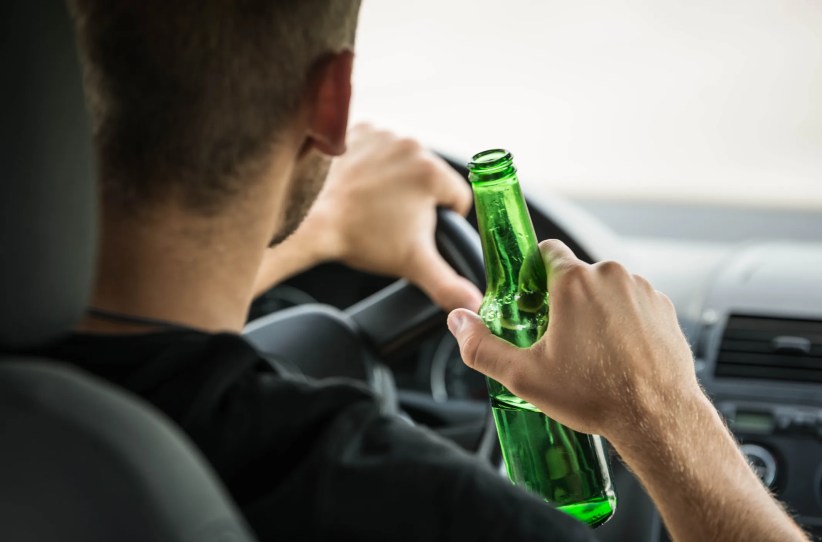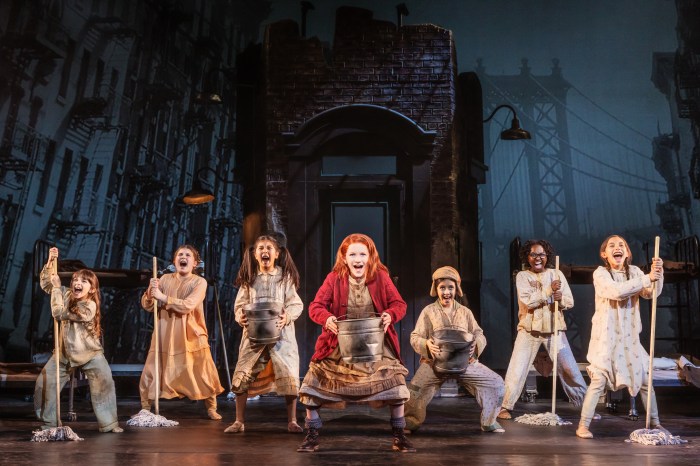 About a year ago, many New Yorkers experienced noticeable tremors from a small earthquake. A week later, we braced for Hurricane Irene, which was projected to hit New York head-on. Luckily, both events ended up being quite mild. But in a world where media coverage has a 24/7 presence, our children are exposed to more local, national, and significant weather happenings than ever before. Most recently, New York and many other areas in this country have experienced extreme and often fatal heat conditions and power outages. With ever-increasing incidents of severe weather occurrences come questions—questions that are, for many parents, not so easy to answer. To get some guidance, I spoke with child and family development and social work professional Marsha Greenberg.
About a year ago, many New Yorkers experienced noticeable tremors from a small earthquake. A week later, we braced for Hurricane Irene, which was projected to hit New York head-on. Luckily, both events ended up being quite mild. But in a world where media coverage has a 24/7 presence, our children are exposed to more local, national, and significant weather happenings than ever before. Most recently, New York and many other areas in this country have experienced extreme and often fatal heat conditions and power outages. With ever-increasing incidents of severe weather occurrences come questions—questions that are, for many parents, not so easy to answer. To get some guidance, I spoke with child and family development and social work professional Marsha Greenberg.
Do you have a general phrase that you find useful when talking to children about natural disasters and significant weather occurrences?
One of the expressions that I think is very helpful is: “Let’s talk about how the earth rocks and rolls.”
Due to the media age we live in, many children in NYC often hear about natural disasters happening in other parts of the country or around the world. Do kids often ask, “Are we safe?”
Younger kids don’t always ask this question because they may be too anxious about the answer. They may act out instead—tantrums, potty accidents, relationships with friends. Your child may hear something about a natural disaster but he may not say anything directly because he doesn’t always know how to ask. Older children may ask, “Can that happen here?” If it is something that most likely will not ever happen in your area, you can say, “No, a tsunami (or whatever is being asked about) cannot happen here.”
What should we say to children if the natural disasters they are asking about could happen where they live?
Parents could start by gathering information on what their kid already knows. You can say to your child, “Tell me everything you know about earthquakes.” When you get a sense of what she already knows, you get a sense of what she is really asking. A child may respond by saying something like, “It’s when the ground opens up and everything falls in.” A response to this could be, “That’s possible, but not very probable.” This idea of possible versus probable can be very useful when talking about disasters. I frame it in terms of candy. “Do you think it’s possible your mom would let you eat all the candy in the world, or probable?” Most kids will say it’s possible, not probable.
What type of conversation should we have with our kids if they ask what would happen if a natural disaster happened in their own city or community?
Parents can start by saying, “That’s a really good question. Let’s think about what we would do together. Do you remember the last time our lights went out? What did we do? That’s right, we used flashlights.” What you’re doing with kids is helping them problem solve.
What if my child seems really scared? Isn’t it better not to over-communicate?
As parents, we can affirm their feelings by saying, “Yes, you may feel very scared and you may have lots of feelings. Let’s think of other times you were scared. What did we do then? We’ll go slow and help you with your feelings.” Let the kids direct the conversation. You don’t know how much information they really want.
How much should we read into our children’s questions?
Although we need to be mindful, we don’t need to read into everything our child does or says. For example, there’s this great episode in the old Diahann Carroll show where her kindergarten son is painting in all black. The teachers have a meeting with her expressing their concerns. They have her talk to experts about possible depression and anger that her son is feeling. When she finally asks her son about his paintings, he says, “It’s the only color paint I can reach on the shelf.” Sometimes, it is what it is.
What should parents say if their children ask, “Did people die?”
If they ask directly, you can say, “Yes, I heard that some did.” The next question children often ask is, “Are you going to die?” Again, ask the child, what they think. Most kids will say yes. You can then say, “Well you’re right, that does happen but mommies and daddies usually do not die until they are much older. It’s not going to happen now.” Parents can make their answer relatable by also saying, “I asked my mommy that very same question when I was your age, because I had those worries too, and I liked knowing she was not going to die for a very long time.”
What if a child continues to seem anxious about death and dying?
I like to say to kids, “I could worry about dying a long, long time from now, but I need to decide if I’m going to worry a lot or a little.” So this is letting them know that worrying is a bit of a choice. There’s a little bit of hard wiring in children, but for many, worrying is a choice.
Does talking about natural disasters at school make children’s anxiety better or worse?
It’s sometimes tricky when schools set up fundraisers to help with natural disasters. While I think it’s great to do these things, some schools don’t know how vulnerable kids are. Parents can say to their children, “I know you’ve been talking about the tsunami at school. I was thinking about that and wondering what it would be like to have gone through that. What do you think?” Again, you need to know your child and make sure to go slow.
And what if your community does experience a natural disaster?
In this case, you have to treat it as a trauma, and there are people and organizations to help children with that. It’s scary for kids when all the adults around them who usually take care of them seem upset and vulnerable. You can acknowledge this by saying, “This may be upsetting because when we used to see Mack at the grocery store, he used to always joke around, and now Mack looks very sad.” You begin to lay it out in a way that can be helpful to children: Those bad things can happen but with time it gets better.
Heather Ouida is the co-founder of Mommybites (formerly known as babybites). Mommybites is a relationship network that connects moms to moms, moms to experts, moms to education, and moms to the best parenting resources available to make moms’ lives happier and easier.
Marsha Greenberg is a parenting expert and author of Knack Raising Your Toddler (Knack, 2010). For more information, visit marshagreenberg.com























